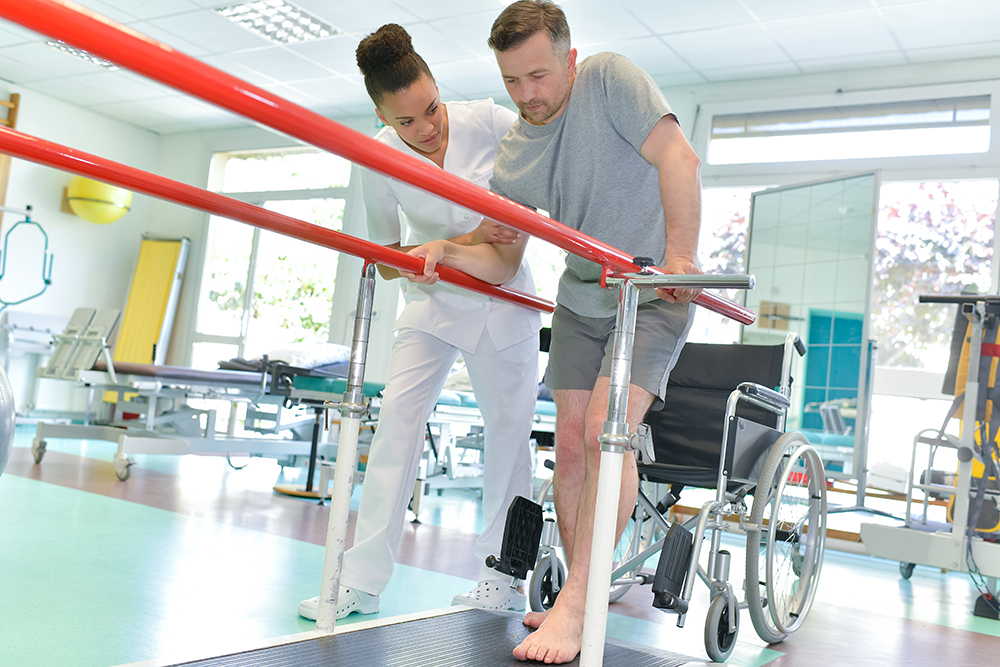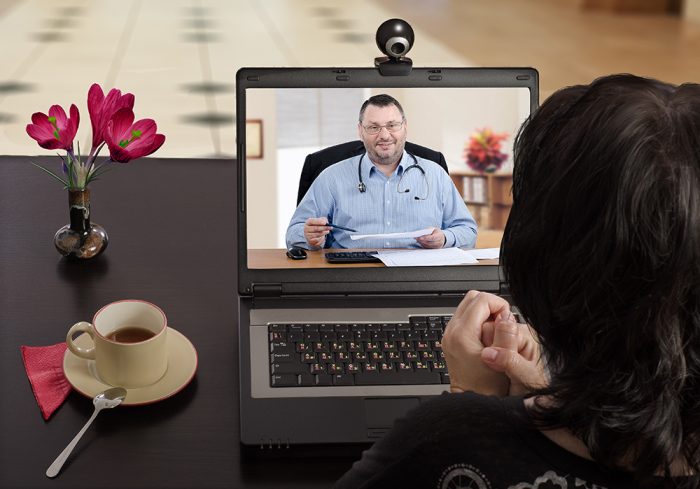We’re learning more about COVID-19 all the time. The Centers for Disease Control and Prevention (CDC) looks at the latest available evidence to make the best science-based public health recommendations. Because of new information on the Delta variant currently circulating in the United States, CDC has updated the information for fully vaccinated people.
More About the Delta Variant
Viruses constantly change through mutation. Slightly different forms of a virus are called variants.
Delta is one such variant, and it’s caused more than 80% of recent COVID-19 cases in the United States – according to estimates – and will likely cause more. Delta spreads more easily than other variants. In fact, COVID-19 cases have increased over 300% nationally from June 19 to July 23, 2021, driven by Delta variant.
The best way to stop the spread of Delta is to get vaccinated against COVID-19. Vaccines are preventing severe illness, hospitalization, and death, and are effective against the Delta variant. High vaccination coverage will reduce spread of the virus in your community and elsewhere – and help prevent new variants from emerging.
What Has Been Updated?
CDC is constantly reviewing new data and evidence on the Delta variant. This update is based on recent evidence both here in the United States and in other countries. It shows a small number of fully vaccinated people may be infected with Delta and may infect others.
The highest spread of cases and severe outcomes is happening in places with low vaccination rates. Most vaccinated people are protected from the virus. However, the evidence shows that vaccinated people can get Delta in a breakthrough infection and may be contagious. Even so, breakthrough cases are being seen in a small number of vaccinated people and the vast majority are avoiding serious illness, hospitalization, or death. Virtually all hospitalizations and deaths continue to be in those who are not vaccinated.
The Delta variant is much more contagious than previous versions of the virus. Therefore, CDC now recommends the following for people who are fully vaccinated (more than 2 weeks from the last dose of the vaccine):
- To reduce the risk of being infected with the Delta variant and possibly spreading it to others, wear a mask indoors in public if you are in an area of substantial or high transmission.
- Fully vaccinated people might choose to wear a mask regardless of the level of transmission, especially if you have a weakened immune system or if, because of your age or an underlying medical condition, you are at increased risk for severe disease, or if a member of your household has a weakened immune system, is at increased risk for severe disease, or is not vaccinated.
- If you’ve been around someone who has COVID-19, you should get tested 3-5 days after your exposure, even if you don’t have symptoms. You should also wear a mask indoors in public for 14 days following exposure or until your test result is negative. You should isolate for 10 days if your test result is positive.
CDC recommends universal indoor masking for all teachers, staff, students, and visitors to K-12 schools, regardless of vaccination status. Children should return to full-time in-person learning in the fall with layered prevention strategies in place.
Learn more about these updates. At this time, recommendations for travel have not changed.
How to Protect Yourself and Your Community
Getting vaccinated is the most important thing you can do to end the COVID-19 pandemic. But some people may still need to take steps to protect themselves against COVID-19, such as children too young to get vaccinated or people with weakened immune systems.
In addition to wearing masks indoors in public, consider the following:
- Choose safer activities, like those outdoors
- Stay 6 feet apart from people not in your household
- Avoid crowds and poorly ventilated spaces
- Wash your hands often
- Cover coughs and sneezes
- Clean and disinfect surfaces
- Monitor your health daily
Find a Vaccine Near You. With the Delta variant, getting vaccinated is more urgent than ever. Please send this information to your colleagues, networks, friends, and family.
Additional Resources
Contact Us
Email: EPIC@cdc.gov
Centers for Disease Control and Prevention
1600 Clifton Rd
Atlanta, GA 30333
Questions?
Contact CDC-INFO
800-CDC-INFO (800-232-4636) TTY: 888-232-6348

















